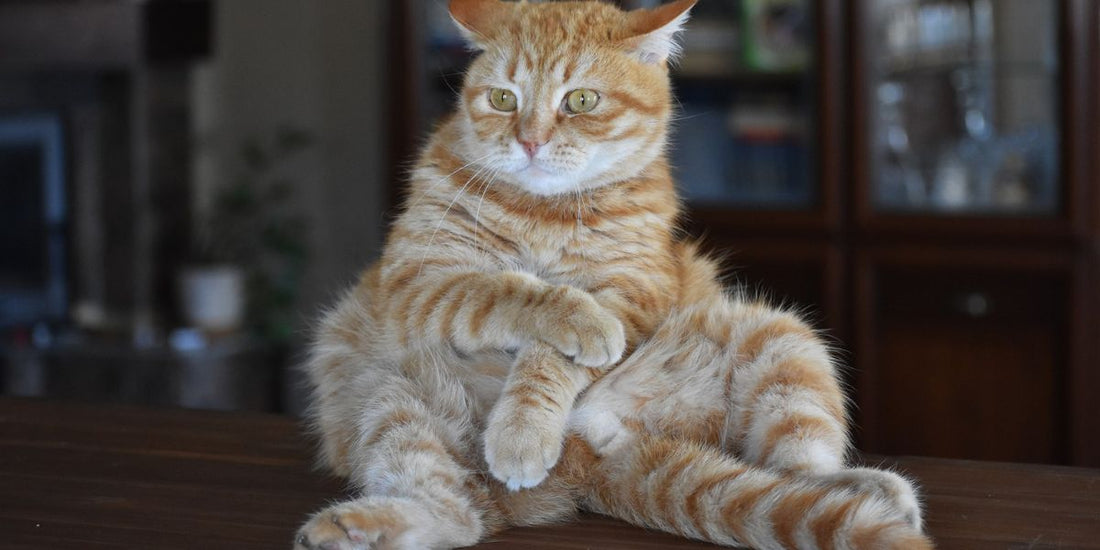
Stress in Cats: How to Detect and Manage It in Innovative Ways
Cats are mysterious and fascinating creatures, but they can also be sensitive to stress. Stress can impact their health and well-being, and it is crucial for us as cat owners to know how to recognize and manage it. In this article, we'll explore innovative ways to detect and manage stress in our feline friends.

Signs of stress in cats
Cats can't tell us when they're stressed, but they can show us through their behavior and physical appearance. Here are some common signs of stress in cats:
- Behavioral changes: Your cat may become more agitated or withdrawn than usual. He may also show signs of aggression or fear.
- Physical Changes: Stressed cats may lose their appetite, have problems sleeping, or show signs of fatigue. They may also have grooming issues, such as licking themselves excessively.
- Changes in social interactions: A stressed cat may avoid social interactions, hide, or show signs of aggression toward other animals or people.
Potential Causes of Stress in Cats

There are many potential causes of stress in cats, including:
- Changes in Environment: Changes in your cat's environment, such as moving or the introduction of a new pet, can cause stress.
- Health Problems: Health problems, such as pain or illness, can also cause stress in your cat.
- Lack of stimulation: Cats need mental and physical stimulation. A lack of stimulation can cause stress.
Innovative strategies for managing stress in cats

-
Introduce “play therapy”: Play is a great way to reduce stress in cats. Try interactive games that stimulate your cat's mind and help them release their energy in positive ways.
- Create a “zen” environment for your cat: Transform part of your home into a true haven of peace for your cat. Use calming pheromone diffusers, soft lights, comfortable cushions and interactive toys to create a space where your cat can relax and feel safe.

-
Try “feline meditation”: Yes, you read that right! Meditation can also be beneficial for cats. Relaxation sessions with soft, soothing music can help your cat relax and reduce stress levels.
-
Consult a “veterinarian behaviorist”: If your cat’s stress persists, it may be helpful to consult a veterinary behaviorist. These professionals are trained to understand animal behavior and can provide you with personalized advice for managing your cat's stress.

In conclusion, it is important to recognize the signs of stress in your cat and take steps to help manage that stress. With these innovative strategies, you can help your cat live a happier, more peaceful life.
Did you like this article? Read more!
Sources:
